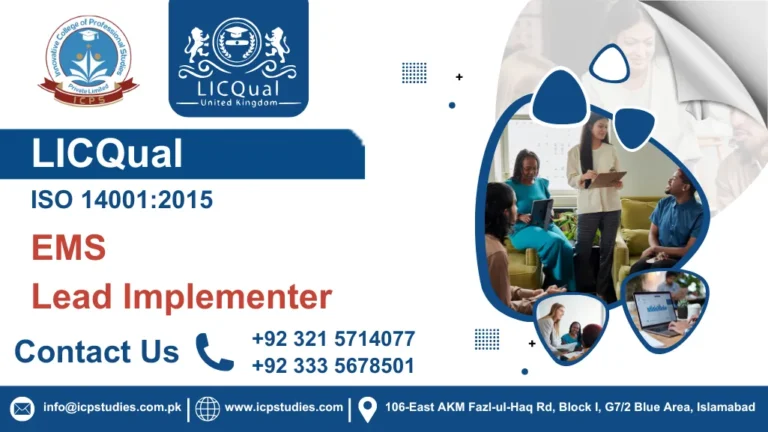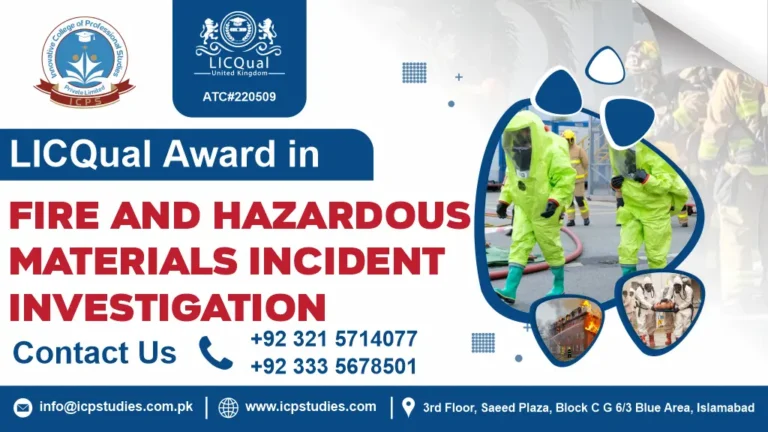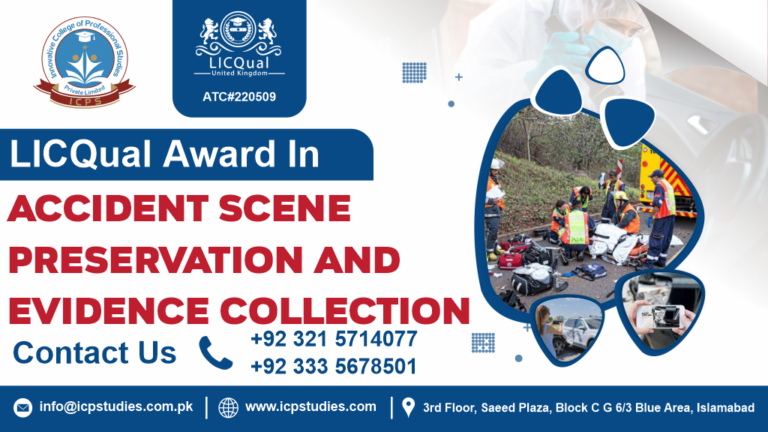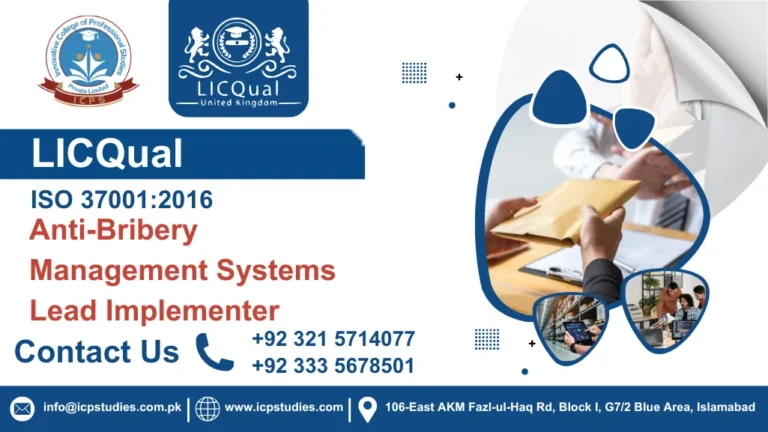ISO/IEC 17025:2017 is the international standard that specifies the general requirements for the competence, impartiality, and consistent operation of laboratories. The LICQual ISO/IEC 17025:2017 Lead Auditor course is designed for professionals seeking to become qualified lead auditors in the field of laboratory testing and calibration. This globally recognised training provides participants with the knowledge and skills to assess laboratory quality management systems in accordance with ISO/IEC 17025:2017.
ISO/IEC 17025:2017 plays a pivotal role in improving the accuracy and credibility of test and calibration results. Laboratories that conform to this standard demonstrate competence in delivering valid, repeatable results, enhancing customer confidence and regulatory compliance. The standard covers all aspects of laboratory operations, including personnel competence, equipment calibration, traceability, testing methods, and quality assurance.
The LICQual ISO/IEC 17025:2017 Testing and Calibration Laboratories Lead Auditor course is a critical investment for professionals and organisations committed to laboratory excellence. It empowers individuals to uphold international quality standards, drive operational accuracy, and support global trust in laboratory results. Enrolling in this course not only strengthens your auditing capabilities but also contributes to the integrity and reliability of scientific and technical measurements worldwide.
All About LICQual ISO/IEC 17025:2017 Testing and Calibration Laboratories Lead Auditor
Course Overview
The LICQual ISO/IEC 17025:2017 Lead Auditor course provides a structured approach to auditing testing and calibration laboratories. Participants are trained in planning and conducting audits, reporting non-conformities, recommending corrective actions, and ensuring ongoing compliance. The course covers critical elements of the standard, such as risk-based thinking, impartiality, and evidence-based decision-making.
Through interactive sessions, real-world case studies, and practical exercises, learners gain both theoretical understanding and hands-on auditing experience. Upon successful completion, candidates will be equipped to lead internal and external audits for laboratories seeking ISO/IEC 17025 accreditation or maintaining compliance with its requirements.
Study Units
- Introduction to ISO/IEC 17025 and its significance in laboratory operations.
- Understanding the requirements for management and personnel competence
- Calibration and validation of equipment and measurement processes
- Implementation of quality control measures and proficiency testing
- Documentation and reporting of test/calibration results
- Preparation for accreditation and audit processes
To ensure successful participation and comprehension, candidates enrolling in the LICQual ISO/IEC 17025:2017 Lead Auditor course are expected to meet the following entry requirements:
Minimum Age
Participants must be at least 18 years of age at the time of enrolment.
Educational Background
A minimum of secondary education (GCSE or equivalent) is required. A background in science, engineering, or a related technical discipline is highly recommended to support understanding of laboratory processes and technical terminology.
Work Experience
It is advisable that participants have some prior experience in laboratory settings, quality management systems, or auditing. Professionals involved in laboratory operations, quality assurance, testing, or calibration will find this course particularly beneficial. However, those without direct experience but with relevant academic knowledge may also be considered.
Language Proficiency
As the course is delivered in English, candidates must possess a good command of the English language in reading, writing, speaking, and comprehension to engage effectively with the course content and assessments. This ensures clear understanding of technical standards, audit procedures, and reporting requirements.
Meeting these criteria will help participants gain the maximum benefit from the training and successfully undertake auditing responsibilities in compliance with ISO/IEC 17025:2017.
This course is designed for professionals who are directly or indirectly involved in laboratory quality management systems, auditing, or compliance within testing and calibration environments. It is particularly beneficial for individuals seeking to lead audits in accordance with ISO/IEC 17025:2017.
The course is ideal for:
- Laboratory quality managers and technical managers
- Internal auditors responsible for quality systems in laboratories
- Professionals working in accredited or compliance-driven laboratories
- Personnel involved in the implementation or maintenance of ISO/IEC 17025
- Consultants and advisors specialising in laboratory quality and accreditation
- Engineers and scientists seeking a formal qualification in auditing laboratory systems
- Individuals pursuing a career in third-party auditing or conformity assessment
- Regulatory compliance officers working with testing or calibration laboratories
- Academic and research professionals involved in laboratory management
This course equips participants with the competencies needed to plan, conduct, and lead effective audits that assess technical competence and ensure consistent, reliable laboratory operations.
Learning Outcomes
Introduction to ISO/IEC 17025 and its significance in laboratory operations
- Understand the purpose and scope of ISO/IEC 17025:2017 in laboratory environments
- Identify the structure and core principles of the standard
- Recognise the importance of impartiality, consistency, and competence in laboratory testing and calibration
Understanding the requirements for management and personnel competence
- Learn the roles and responsibilities of laboratory management under ISO/IEC 17025
- Assess the competence requirements for personnel involved in testing and calibration activities
- Evaluate how effective leadership and training influence quality outcomes
Calibration and validation of equipment and measurement processes
- Understand the importance of calibration and equipment validation in reliable results
- Identify methods for ensuring measurement traceability and equipment suitability
- Apply procedures for maintaining and monitoring the accuracy of laboratory instruments
Implementation of quality control measures and proficiency testing
- Apply quality control techniques to monitor and improve laboratory performance
- Understand the role of proficiency testing in validating laboratory capability
- Identify and address sources of measurement uncertainty and non-conformance
Documentation and reporting of test/calibration results
- Learn the key documentation requirements for ISO/IEC 17025 compliance
- Ensure clarity, accuracy, and traceability in laboratory records and reports
- Develop consistent methods for reporting results in accordance with best practices
Preparation for accreditation and audit processes
- Understand the steps involved in preparing a laboratory for accreditation
- Develop the skills to conduct internal audits against ISO/IEC 17025:2017
- Identify non-conformities and implement corrective actions for continual improvement
FAQs LICQual ISO/IEC 17025:2017 Testing and Calibration Laboratories Lead Auditor







